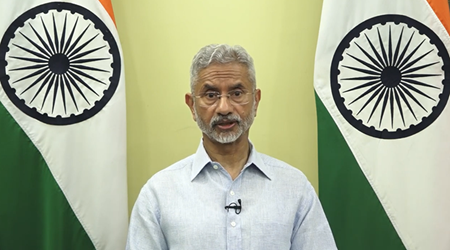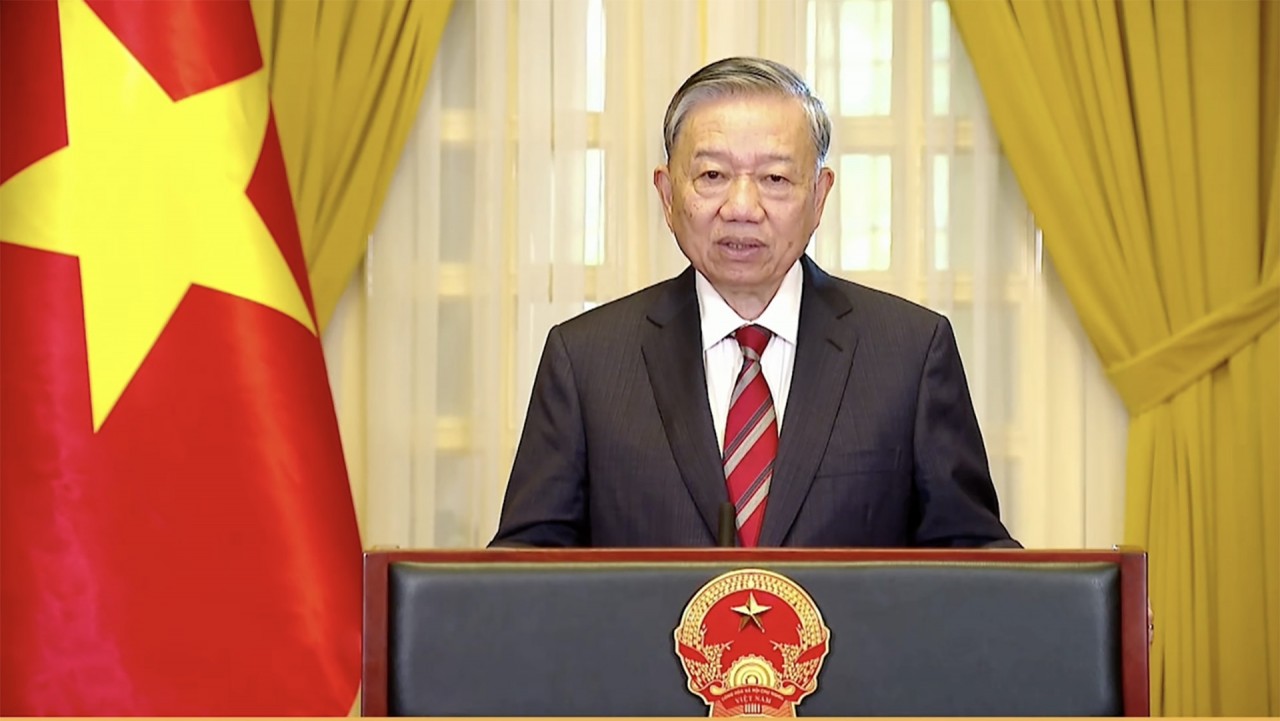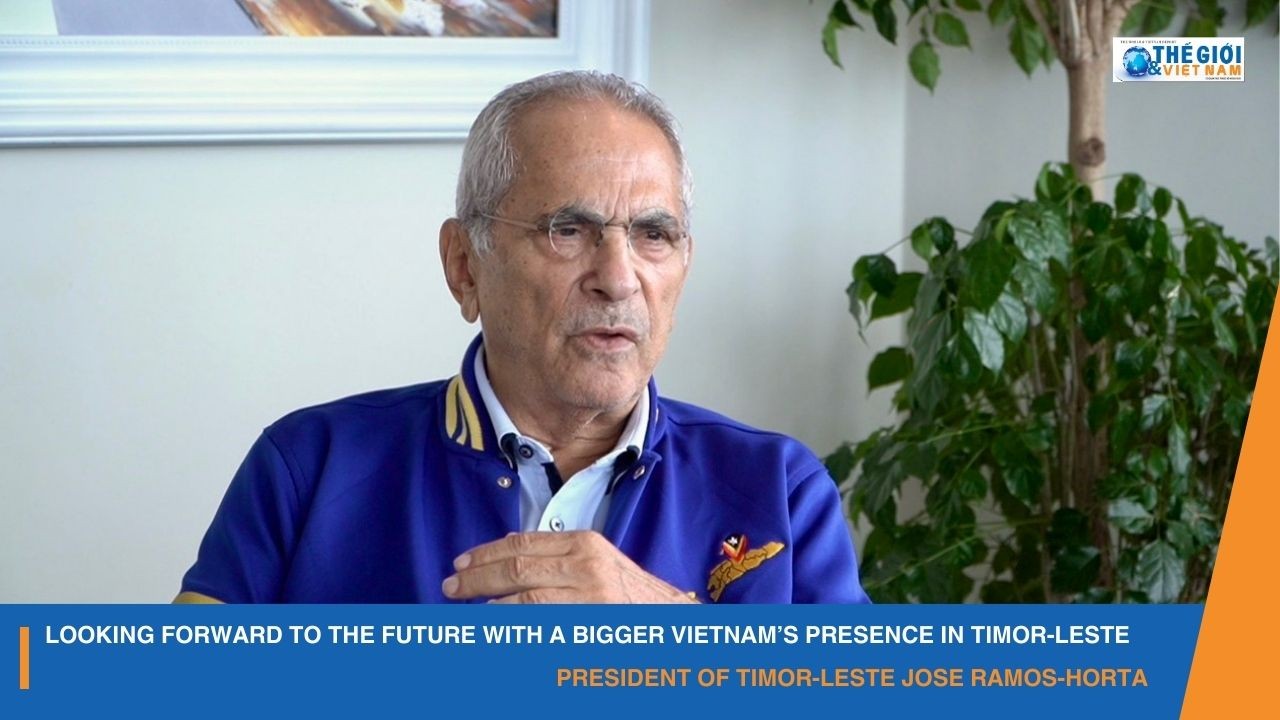
Takeda’s Health Innovation and Net Zero Ambition
Latest
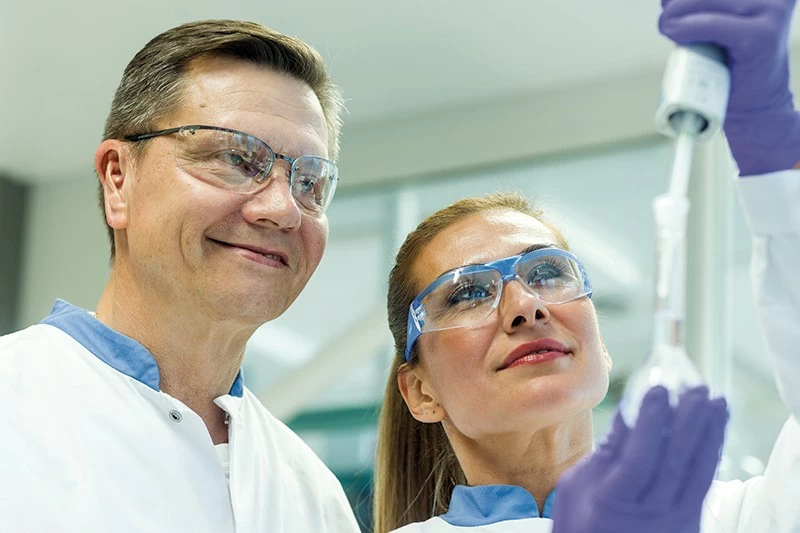 |
| Takeda scientists. |
From Carbon Neutrality to Net Zero in 2035
To successfully achieve the milestone of carbon neutrality in 2020, Takeda invested in more than 30 renewable energy and carbon offset projects across 12 countries. These projects support the use of wind and solar energy, clean water availability, forest conservation and the preservation of biodiversity, and contribute to 15 of the 17 United Nations’ Sustainable Development Goals.
A notable example is the construction and repair of boreholes in the Republic of Malawi (Africa), providing people with clean water and reducing their reliance on wood-burning stoves, thus mitigating deforestation. In rural areas of China, the company has supported the replacement of coal stoves with solar cookers, improving air quality and meeting the daily needs of residents. Additionally, Takeda has supported the conservation of over 8,600 hectares of forest in Tennessee, USA, and implemented a sustainable forest management program in Japan.
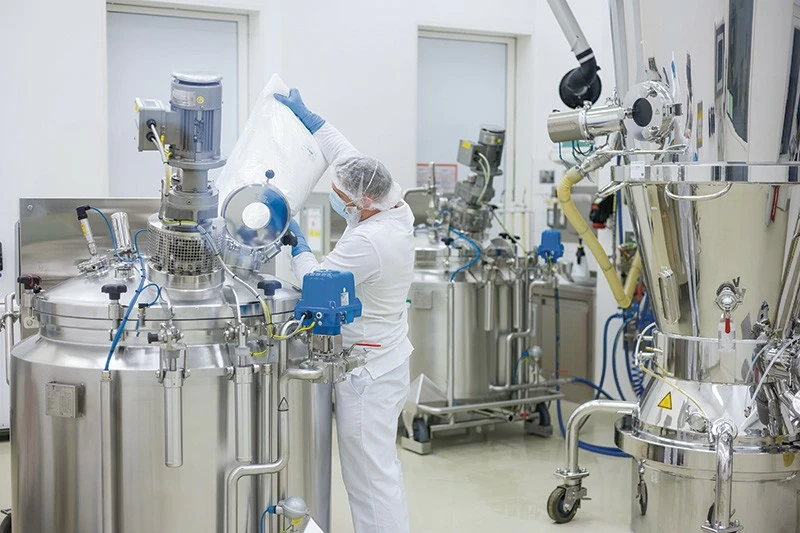 |
| Takeda’s factory in Germany. |
Takeda aims to achieve net-zero carbon emissions within its operations by 2035 and across its entire value chain by 2040. This goal means eliminating at least 90% of emissions while investing in direct carbon capture technologies or planting new forests. The company also prioritizes promoting solutions that benefit human health, adhering to the Paris Agreement (PA) and based on the Science Based Targets initiative (SBTi) standards.
For instance, Takeda's recently opened BioLife Plasma Center in Linz, Austria, is designed to fully operate on emission-free electricity. The company has also pledged to use 40% electric or hybrid vehicles by 2025, aiming to eliminate internal combustion engine vehicles by 2030. In 2023, Takeda launched the first positive energy manufacturing building in Singapore, a significant milestone in our commitment to achieving net-zero greenhouse gas emissions in our operations by 2035. Certified with the BCA Green Mark Platinum Positive Energy designation, this building is part of our global manufacturing network and exemplifies Takeda's dedication to innovative solutions and environmental sustainability in Southeast Asia.
Takeda’s environmental commitment is championed by its entire workforce. Leveraging advanced technology, data science, and a culture of innovation, Takeda teams have launched numerous initiatives to maximize clean water and natural gas efficiency in production processes. The company also prioritizes recycling and material reuse to reduce waste across operations, achieving an outstanding result in 2024, as 78% of waste is diverted from landfills.
Another crucial factor is external collaboration. Internal data shows that 87% of carbon emissions come from partners in the supply chain. By the end of 2023, 53% of Takeda's product packaging came from recycled sources or was certified as sustainable, contributing to waste reduction. Currently, Takeda is racing to complete the target of having 67% of suppliers achieve emissions reduction goals according to SBTi standards by the end of 2024. Furthermore, 50% of the company's goods will be transported by sea instead of air to significantly reduce the carbon footprint from transportation.
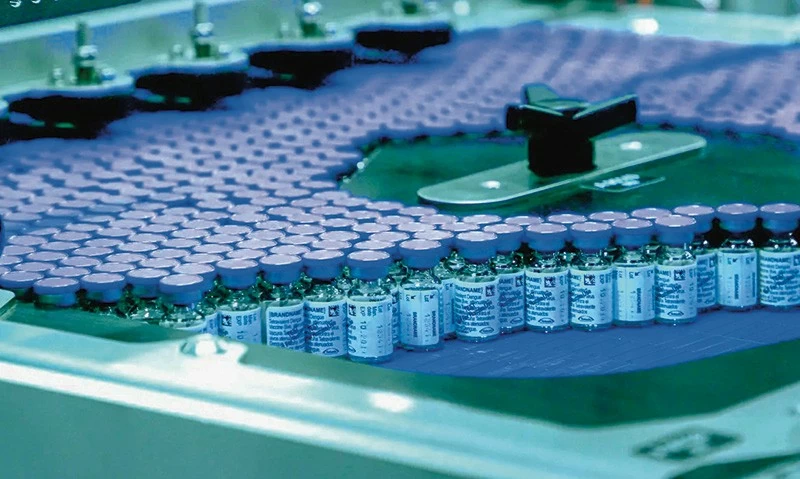 |
Responding to Dengue Fever - A Significant Contribution to Preventing Climate Change-Induced Diseases
Rising temperatures, rainfall, and humidity from climate change have boosted the breeding of the Aedes mosquito, making dengue fever increasingly unpredictable and dangerous. The World Health Organization (WHO) has recognized dengue as a major global health threat, including Vietnam. While vector control and mosquito bite prevention are essential, WHO advocates a comprehensive surveillance strategy, vector control, community engagement, and vaccination. Based on over 70 years of vaccine expertise in Japan, Takeda is expanding globally, offering sustainable healthcare solutions and partnerships to prevent infectious diseases like dengue.
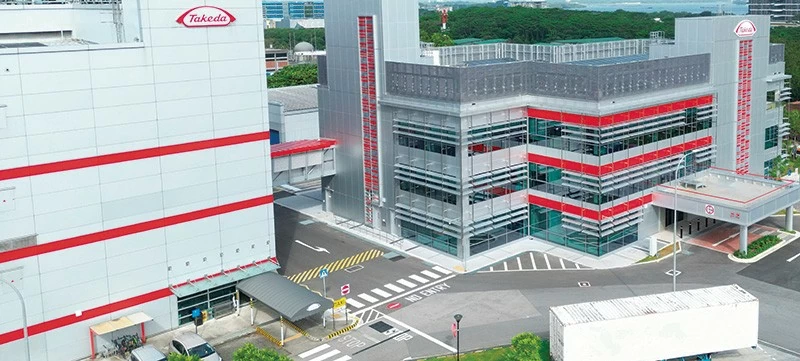 |
| Takeda's Singapore plant produces more energy than it consumes. |
Takeda recently convened a first-of-its-kind workshop, the Global Dengue Forum: Seven Ideas to Address Dengue in a Changing World, during the 28th United Nations Climate Change Conference (COP28) in Dubai. In collaboration with the World Mosquito Program, Johnson & Johnson, and many like-minded partners, this unique forum brought together multidisciplinary experts in environmental science, vaccines, and climate change to foster collective action against the growing threat of dengue. With climate change exacerbating the spread of mosquito-borne illnesses, the forum aimed to build consensus around seven key areas for improving public health. Following the event, Takeda developed an action report and white paper to galvanize support for a long-term global dengue initiative, emphasizing the need for collaboration across sectors to effectively combat this public health challenge.
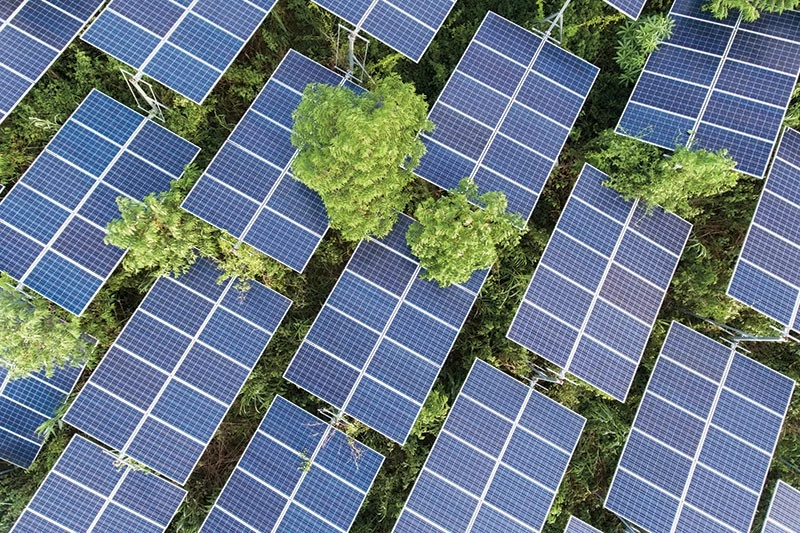 |
| Takeda will achieve the Carbon Neutrality Goal by 2020. |
Following regulatory approval in Vietnam earlier this year, in September 2024, Takeda's tetravalent dengue vaccine became officially available in Vietnam, marking a significant milestone as the first vaccine to prevent this disease. Not only does it help reduce the disease burden, but Takeda's vaccine also contributes to enhancing the capacity of Vietnam's healthcare system.
Takeda's dengue vaccine has been approved in over 40 countries worldwide, including the European Union, Brazil, Argentina, Colombia, Indonesia, Thailand, Malaysia, and Vietnam. In some countries like Brazil, Argentina, and Indonesia, people can access this vaccine through public immunization programs.
Takeda’s Net Zero strategy seamlessly integrates sustainable development with impactful healthcare solutions, setting a benchmark in the pharmaceutical industry. This approach underscores its leadership in medical innovation while enhancing the quality of life in Vietnam and globally.
| Medical Information: This information is available to the public only for information purposes; it should not be used to diagnose or treat a health problem or disease. It is not intended to substitute for consultation with a healthcare provider. Please consult your healthcare provider for further advice. |
********
| TIN LIÊN QUAN | |
| NA Chairman attends second mock session of Children’s National Assembly | |
| E-health and judicial records to be provided via VNeID nationwide | |








